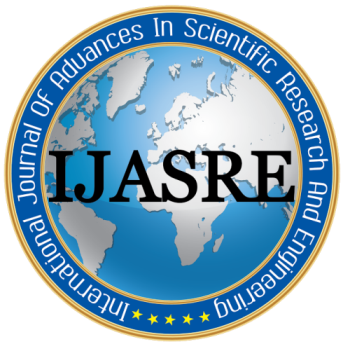Improved Trade Framework for Business
DOI:
https://doi.org/10.31695/IJASRE.2018.32791Keywords:
Map Navigation, Stakeholders, System Architecture.Abstract
In the information modern era because of the high usage of internet on social media and mobile phones, the enormous amounts of data have become available on hand to decision makers. Big data refers to datasets that are not only big, but also high in variety and velocity, which makes them difficult to handle using traditional tools and techniques. The huge growth of the mobile
marketing and advertizing plays very important role because of the rapid improvements of mobile technologies & huge growth in mobile device adoption. This created the new opportunities in mobile marketing and adverting which include real-time customer
engagement, improve customer experience, send notification about the product, Build Brand Royalty, increase revenues, and drive customer satisfaction.
The challenges for the marketers and advertisers include how to analyze the large amount of data that mobile devices emit and how to derive customer engagement insights from the mobile data. The project “Improved Trade Framework for Business” addresses the challenge by developing mobile marketing analytics and advertising recommendation framework on Big data. This framework supports the advertising operations in which the data analytics techniques are used to provide advertisement of the vendor products based on collecting Data of users' interest trough mobile user profiles, access behaviors, and the users geographical location.
The project “Improved Trade Framework for Business” presents prototyping solution design as well as its application and certain experimental results.
Downloads
How to Cite
Issue
Section
License
Copyright (c) 2018 Ms.Pearl Maria Mascarenhas, Dr. Pushpalatha K

This work is licensed under a Creative Commons Attribution-NonCommercial 4.0 International License.







